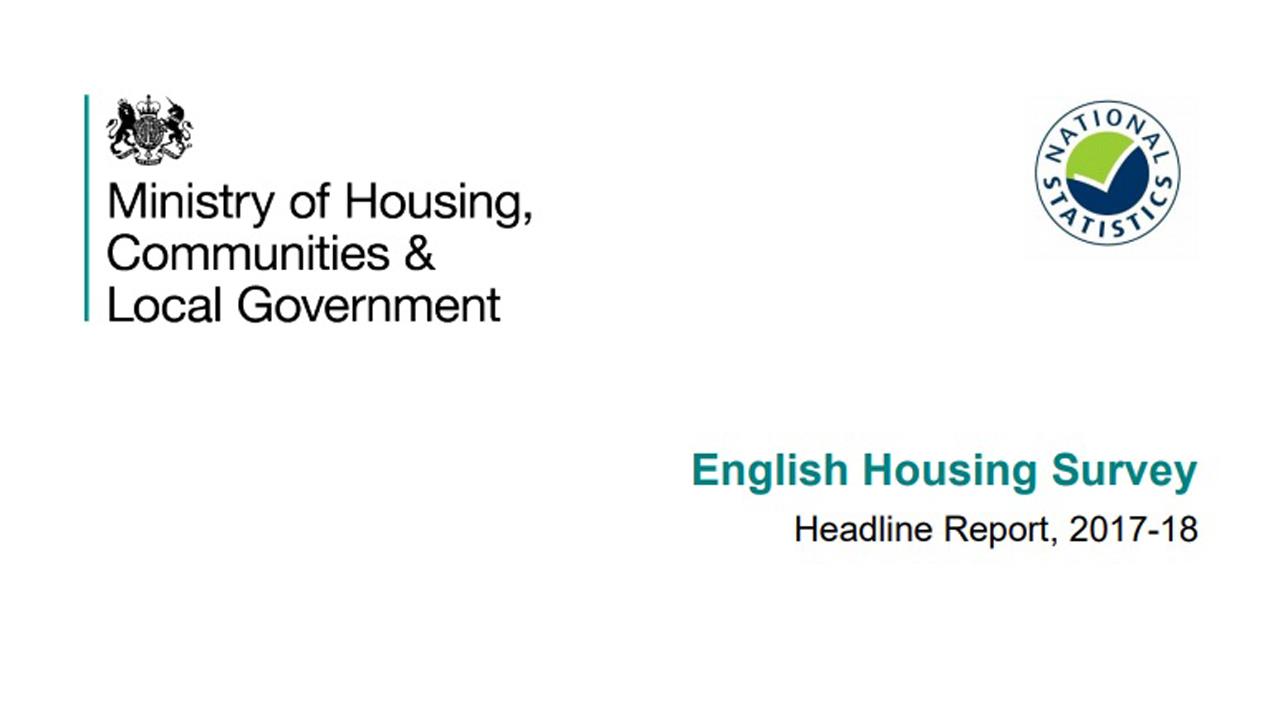

The energy efficiency of English homes has increased considerably in the last 20 years, but has not increased since 2015, according to the latest edition of the English Housing Survey for 2017-18.
In 2017, the average SAP rating of English dwellings was 62 points, up from 45 points in 1996. An increase was evident in all tenures but, according to the report, the increase appears to be slowing and there was no change in the average SAP rating of homes between 2016 and 2017 in any tenure.
The survey found that there are still a significant proportion of homes which do not meet the Decent Homes Standard, which requires homes to provide a 'reasonable degree of thermal comfort'.
In 2017, 13% of dwellings in the social rented sector failed to meet the Decent Homes Standard, which is lower than the proportion of private rented (25%) and owner occupied (19%) homes.
Over the last decade, the proportion of non-decent homes has declined from 35% of the stock in 2007 to 19% in 2017. This decrease was observed across all tenures, but has stalled in recent years.
OFTEC has raised its concerns about the lack of progress in home energy efficiency improvements since 2015, especially for rural homes.
Paul Rose, Chief Executive of OFTEC, said: “OFTEC has not seen the detailed figures that sit behind this headline, but we know that the average SAP rating for English rural homes in 2016-17 was significantly lower than the overall average – just 45 – equivalent to an EPC rating of E. In October, BEIS minister Claire Perry stated in reply to a Parliamentary question, that only 3% of homes that used oil heating in Great Britain were in EPC band A-C, while 97% (765,000) were rated D-G. We remain very concerned at the lack of progress in this area.
“Rural homes have continually missed out on government support to improve their energy efficiency, and they should now be high on the government’s priority list. However, given that financial support for energy efficiency improvements has fallen steadily in recent years, it’s now right that we question the government’s commitment to this vital issue.”
If you'd like to keep up-to-date with the latest developments in the heating and plumbing industry, why not subscribe to our weekly newsletters? Just click the button below and you can ensure all the latest industry news and new product information lands in your inbox every week.